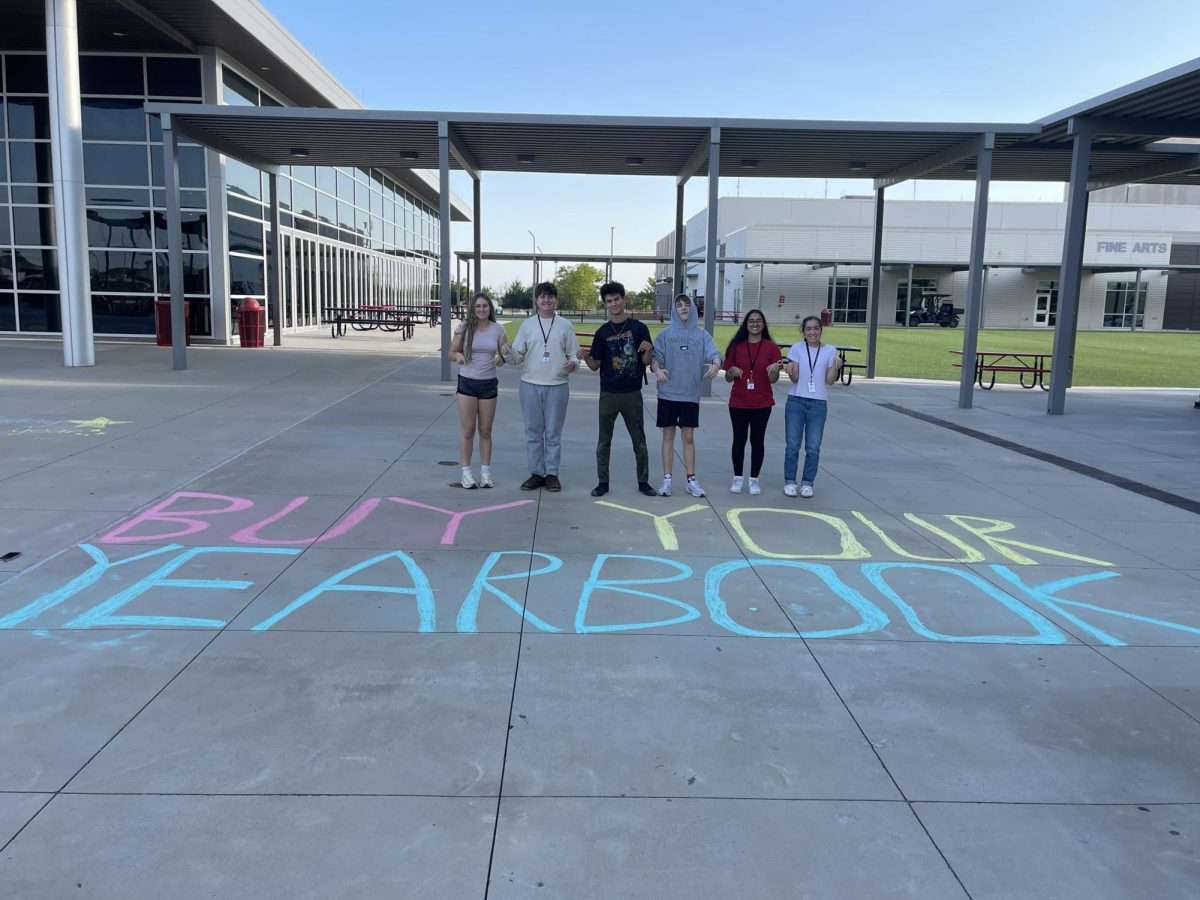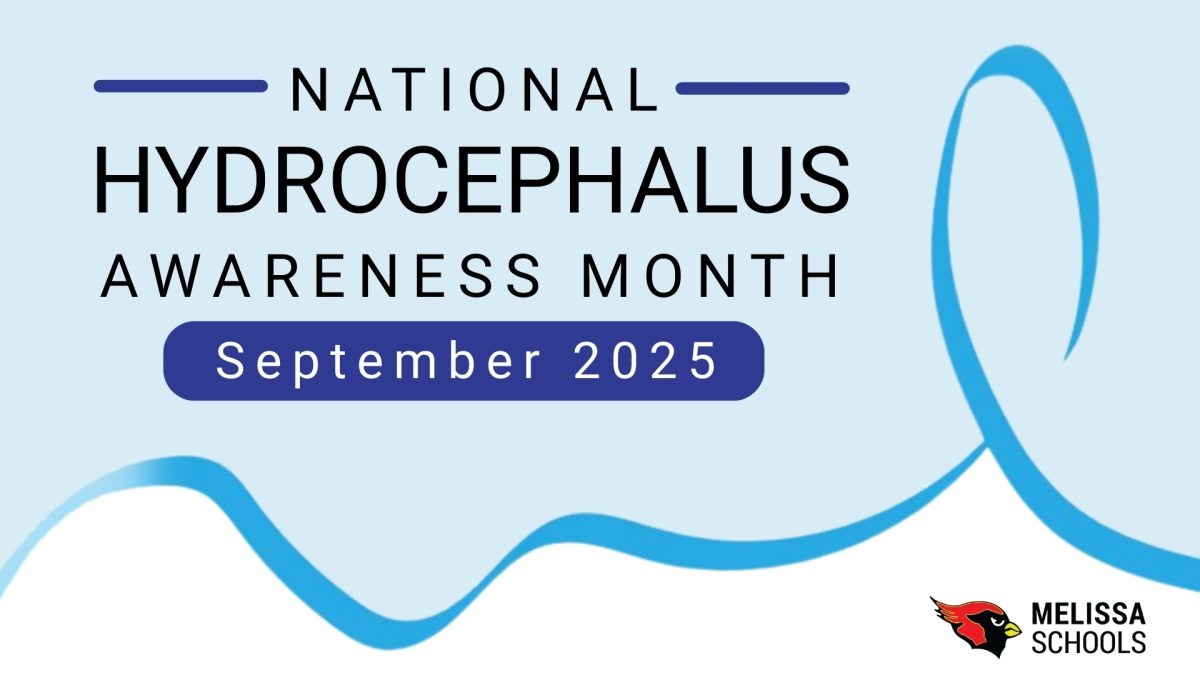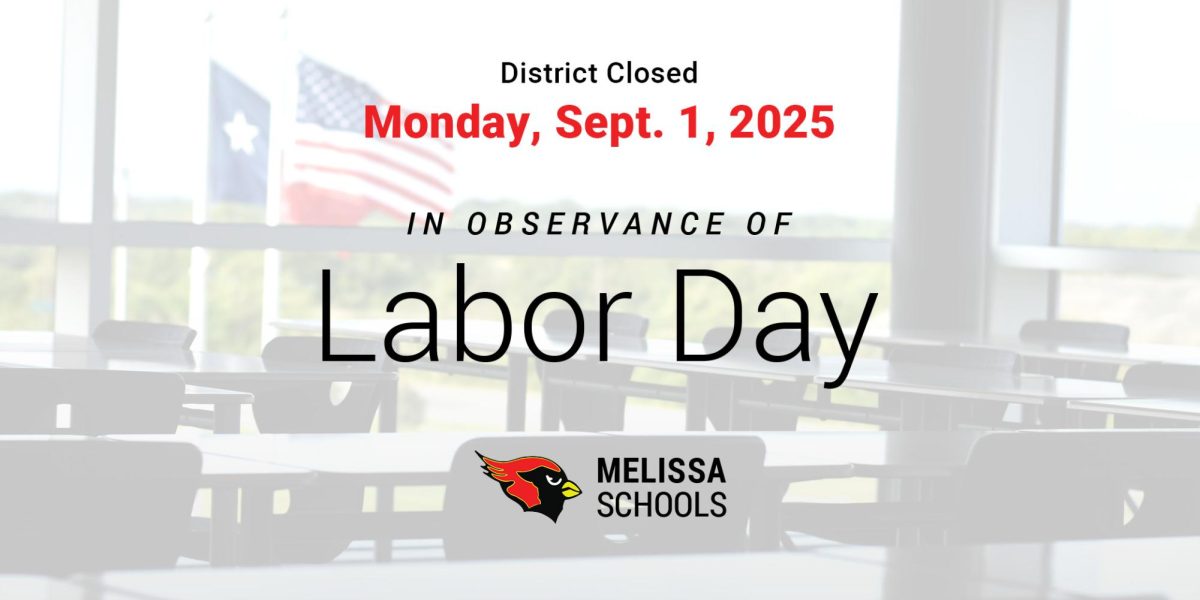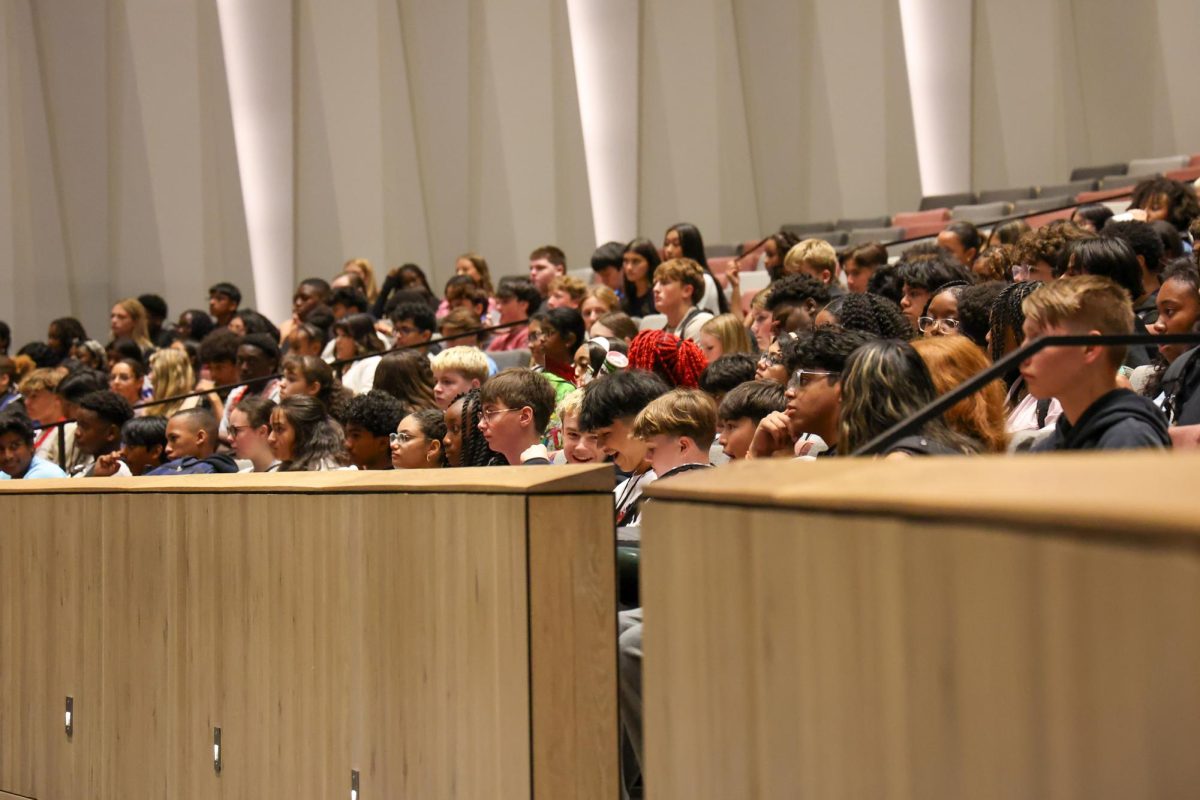On April 21, the Monday following Easter, the world began mourning the death of Pope Francis, who passed away peacefully at the age of 88. The Vatican announced early morning that the Pope died in his residence after several weeks of declining health. Doctors confirmed he passed from natural causes, surrounded by his closest advisors and medical staff.
That afternoon, thousands gathered in St. Peter’s Square after the news broke. Bells tolled, and people prayed silently, many holding candles or pictures of the late Pope. Leaders from around the world, including presidents, prime ministers, and other religious figures, sent messages of condolence.
The Vatican announced that Pope Francis’s body would lie in state at St. Peter’s Basilica for three days, allowing people to pay their respects. His funeral was held at 10 a.m. on April 26 and was attended by dignitaries from all over the world.
Pope Francis, born Jorge Mario Bergoglio in Buenos Aires, Argentina, became the 266th leader of the Catholic Church in 2013. He was the first pope from the Americas and the first Jesuit to become pope. Throughout his time as the head of the Church, Pope Francis was known for his humility, his focus on helping the poor, and his efforts to modernize the Church’s image. He often spoke about mercy, compassion, and social justice, drawing both praise and criticism.
The Pope’s primary role is to lead the Roman Catholic Church, serving as its supreme pastor and head of the Holy See. He also serves as the head of state of Vatican City. This involves a multitude of responsibilities, including interpreting and teaching church doctrine, appointing bishops and cardinals, and engaging in international diplomacy and moral leadership.
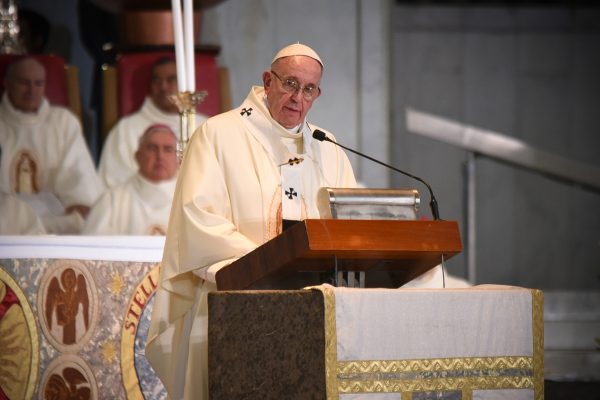
The Pope has a profound impact on people’s lives by being a global symbol of faith, compassion, and unity. Through his teachings, travels, and messages of peace, he inspires millions across different cultures and religions. His focus on issues like poverty, human rights, and forgiveness encourages positive change both within the Church and in the broader world. By promoting love, kindness, and dialogue, the Pope reaches beyond religious boundaries, offering hope and guidance to people seeking meaning and moral leadership in their lives.
In the last months of his life, Pope Francis had reduced his public appearances. He used a wheelchair often and had canceled several major trips, signaling his worsening condition. Despite his health struggles, he continued to lead prayers and Masses from the Vatican whenever he could.
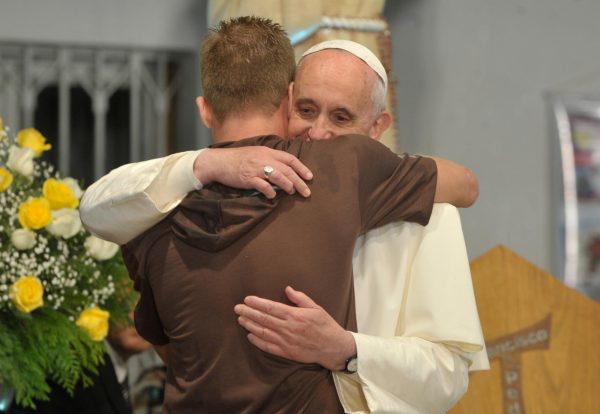
After Pope Francis passed away, people began wondering who the next pope will be. Some possible choices include Cardinal Pietro Parolin from Italy, who is a strong leader, and Cardinal Luis Antonio Tagle from the Philippines, who is known for being kind and caring. Cardinal Matteo Zuppi from Italy focuses on helping others and social justice. Cardinal Fridolin Ambongo Besungu from Africa might bring a more traditional style to the Church. Cardinal Robert Sarah from Guinea is also very traditional. The decision will depend on what the Church leaders think is best for the future.
The Church will soon begin the process to select the next pope through a gathering of cardinals known as a conclave. The conclave to elect the 267th Pope will begin on May 7.
Pope Francis leaves behind a legacy of kindness, reform, and hope.




